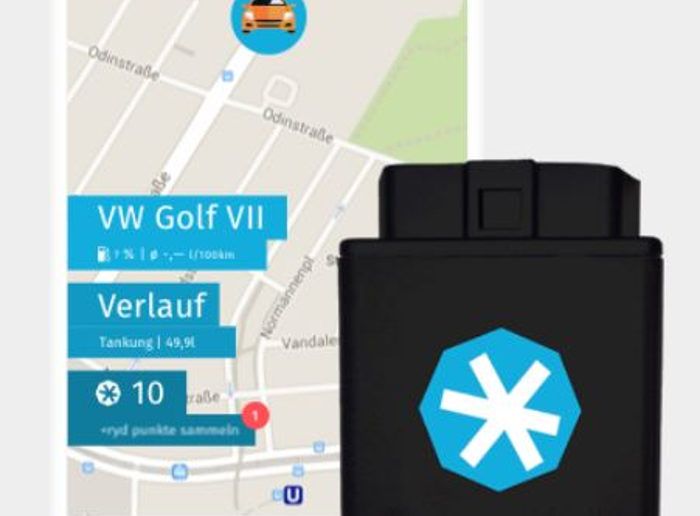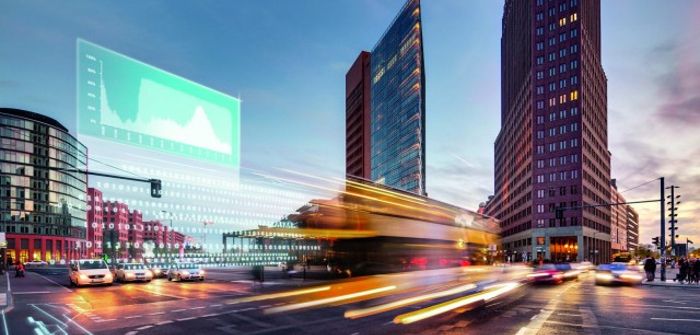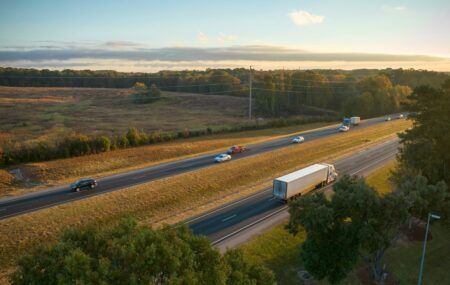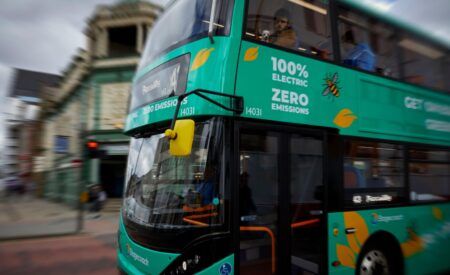Siemens Mobility, Internet of Things (IoT) startup ThinxNet and environmental data modeling company Hawa Dawa have completed a real-world pilot project that shows how individual vehicle drivers can be influenced to take an alternative route and reduce air pollution hotspots.
The pilot in Munich, Germany, uses real-time sensors to measure air pollution and analyzes the data to reroute traffic in an optimal manner throughout the city. The four-week pilot was launched in November 2018 and has had promising results. It shows that 35-40% of drivers are willing to contribute to reducing air pollution by rerouting, when they are provided with alternative routes via ThinxNet’s onboard diagnostics (OBD) and smartphone app-based Ryd platform.
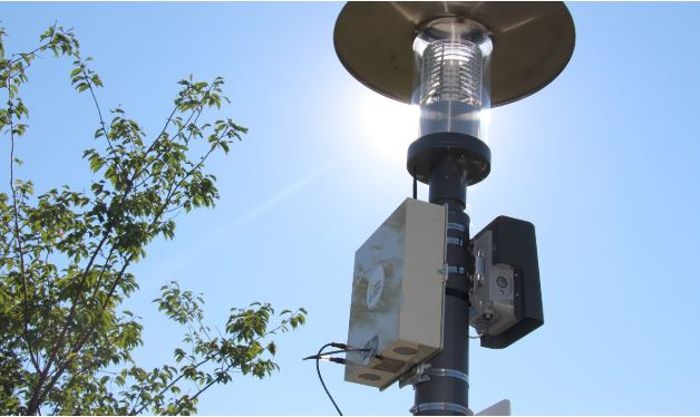
In addition, optimizing traffic at an individual level can help to reduce overall air pollution within a city. Initial results for more than 1,600 drivers show savings of 83kg of CO₂ and 114g of NOx, as well as a reduction of 393 miles (633km) driven by the participants, in addition to the major goal of reducing pollution hotspots.
The clean air project’s objective was to prove that intelligent traffic control could help Munich, and other cities, to better achieve their sustainability goals. The pilot also shows an alternative approach to general city congestion charging or tolling, which could also be combined with public transit to enhance intermodal mobility. If the program were to be scaled to 20,000 drivers within a city, the savings would be equivalent to planting more than one acre of forested land.
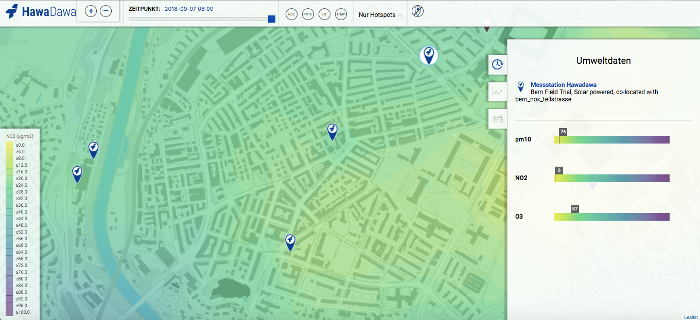 Hawa Dawa provided pollution forecasts to Siemens’ ITS Digital Lab in Munich, where data scientists and traffic management experts analyzed the data together with anonymized trip data from the Ryd smart car platform to predict individual routes and suggest eco-friendly alternatives. The suggested ‘green’ routes were then provided to Ryd users via an app before they started their journey.
Hawa Dawa provided pollution forecasts to Siemens’ ITS Digital Lab in Munich, where data scientists and traffic management experts analyzed the data together with anonymized trip data from the Ryd smart car platform to predict individual routes and suggest eco-friendly alternatives. The suggested ‘green’ routes were then provided to Ryd users via an app before they started their journey.
 The users were incentivized to use the alternate routes by participating in a competition that ran throughout the pilot. During the competition, the most eco-friendly drivers received Ryd points that could later be transferred into items such as Amazon vouchers. Longer term, the partners plan to pursue opportunities with other cities throughout Europe to help them achieve their sustainability goals and advance intermodal mobility approaches.
The users were incentivized to use the alternate routes by participating in a competition that ran throughout the pilot. During the competition, the most eco-friendly drivers received Ryd points that could later be transferred into items such as Amazon vouchers. Longer term, the partners plan to pursue opportunities with other cities throughout Europe to help them achieve their sustainability goals and advance intermodal mobility approaches.
“We believe eco-routing at the individual vehicle level has extremely high potential as a policy option in tackling unacceptable levels of traffic-related air pollution in cities. This pilot was able to demonstrate the impact on individual behaviors of such a measure, in a short period of time,” explained Hawa Dawa’s CEO, Karim Tarraf.
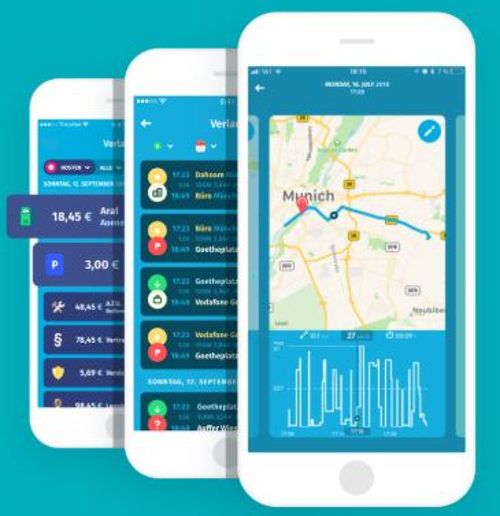 “This hints at the huge untapped potential in trialling and adapting eco-sensitive routing alongside other smart mobility options within other large conurbations.”
“This hints at the huge untapped potential in trialling and adapting eco-sensitive routing alongside other smart mobility options within other large conurbations.”
Michael Peter, CEO of Siemens Mobility, added, “By shaping connected mobility, we can not only improve the efficiency of transportation, but also its impact on the environment. Our Intelligent Traffic Systems digital labs are at the forefront of data analytics and artificial intelligence in road transportation. We’re proud that we have proven these capabilities can be used to improve Munich’s air quality.”
